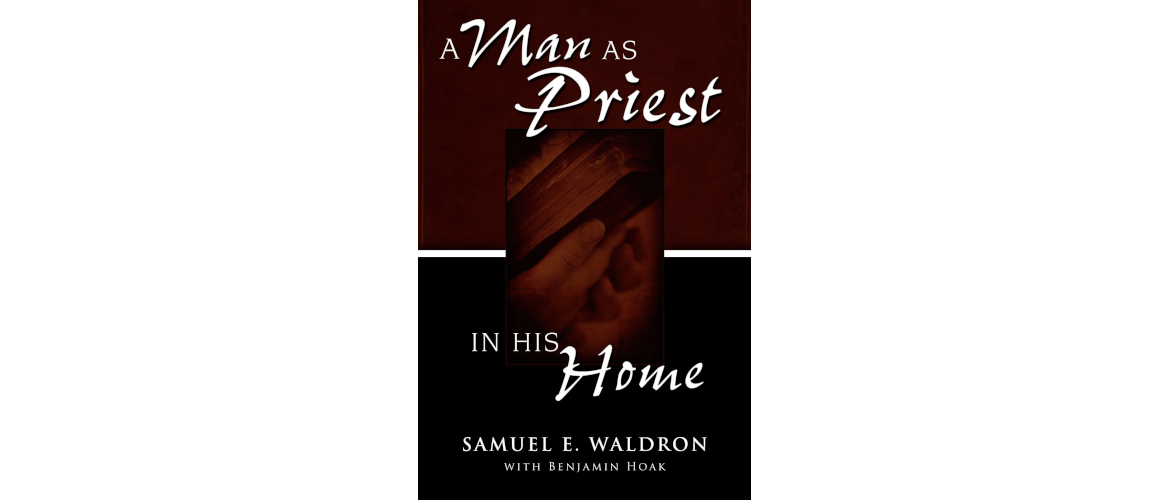I found this book both frustrating and very helpful. My frustrations with it mostly come from my expectations of the book, based on the title. I had no idea before reading it what was intended by “a man as priest.” My first thoughts were that this was somehow colliding with the doctrine of the priesthood of the believer. While that is not at all what Waldron & Hoak are intending, it would have been helpful had they addressed that misconception head on or had laid out succinctly what they meant by the phrase. The question is answered in reading the book but in a slow drip throughout and not all in one place. All that to say, my presuppositions about the book hindered my reading of it.
I have one other minor critique; somewhat frequently, the appeals to Scripture seem to pull more out of the passage than is warranted. Job plays a critical role in the argument of the book but much about him appears to be surmised from Scripture rather than required by it; for instance, it is one thing to say that Scripture allows for or even hints at Job being exceedingly busy but that conclusion is not required by any text that is examined. Other similar apparent jumps can be found. It is entirely likely that the authors could give a much fuller defense of their arguments but the space of this short book does not allow for it.
However, this book is quite helpful. I think it would be accurate to say it is a short, practical defense and guide to biblical complementarianism. Waldron and Hoak briefly lay out five spiritual responsibilities a man has towards his wife and family, giving scriptural warrant and practical application of each. The entire book is quite Christological and continually points the reader to Christ, whether the reader is saved or unsaved, living biblically or sinfully. I will likely return to this book again and hopefully glean more from it knowing at the outset what to expect.
